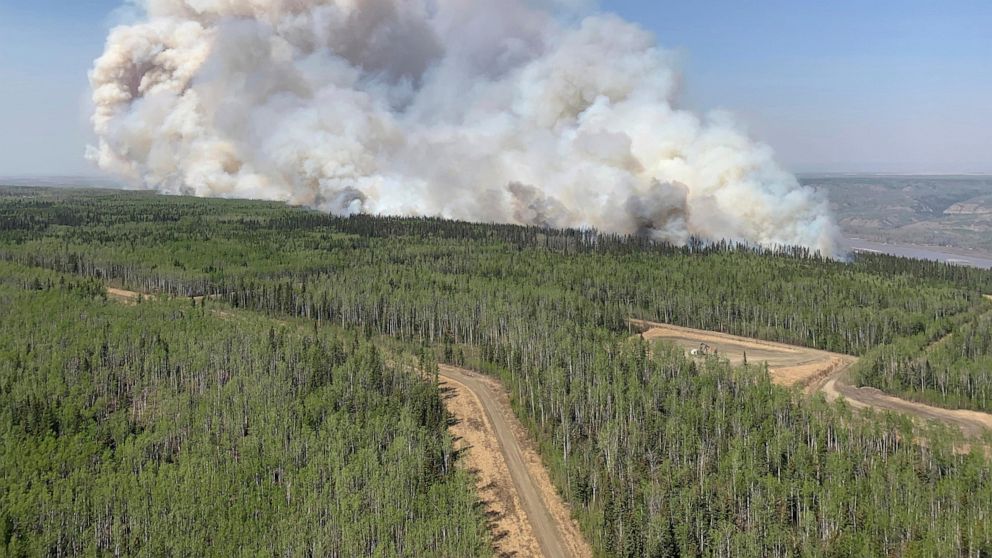Western Canada has been experiencing a series of devastating wildfires that have led to the evacuation of thousands of people. The fires have been fueled by hot and dry weather conditions, making them difficult to contain and extinguish. The fires have caused significant damage to homes, businesses, and natural habitats, leaving many communities devastated.
The wildfires in Western Canada are not a new phenomenon. Every year, the region experiences a wildfire season, which typically runs from May to September. However, this year’s wildfire season has been particularly severe, with more than 1,000 wildfires reported in British Columbia alone. The fires have also spread to other provinces, including Alberta, Saskatchewan, and Manitoba.
The cause of the wildfires is largely attributed to climate change. The hot and dry weather conditions that have been prevalent in Western Canada are a result of global warming. As temperatures continue to rise, the risk of wildfires increases, making it more important than ever to take action to reduce greenhouse gas emissions.
The impact of the wildfires on communities has been significant. Thousands of people have been forced to evacuate their homes, leaving behind their possessions and memories. The evacuations have been particularly challenging due to the ongoing COVID-19 pandemic. Many evacuation centers have had to implement additional safety measures to prevent the spread of the virus.
The wildfires have also had a significant impact on wildlife and natural habitats. Many species have been displaced or killed by the fires, and the destruction of forests and other ecosystems will have long-term consequences for the environment.
Efforts are underway to contain and extinguish the fires. Firefighters from across Canada and the United States have been deployed to the region to assist with firefighting efforts. The Canadian government has also provided financial assistance to affected communities and individuals.
In addition to firefighting efforts, there are steps that individuals can take to reduce the risk of wildfires. These include being mindful of campfires and cigarette butts, properly disposing of flammable materials, and following local fire bans and restrictions.
The wildfires in Western Canada serve as a reminder of the urgent need to address climate change. As temperatures continue to rise, the risk of wildfires and other natural disasters will only increase. It is up to all of us to take action to reduce our carbon footprint and protect our planet for future generations.



